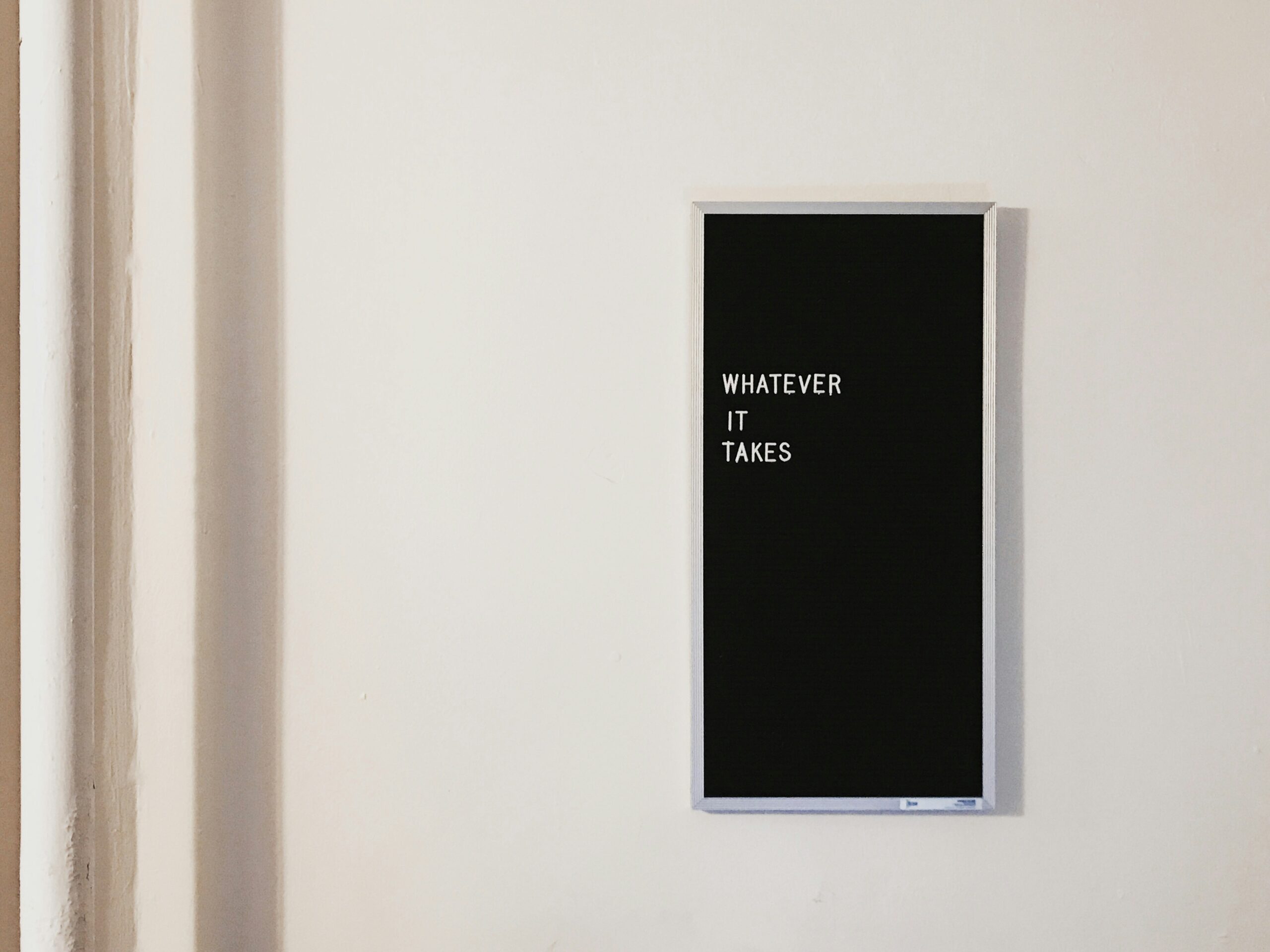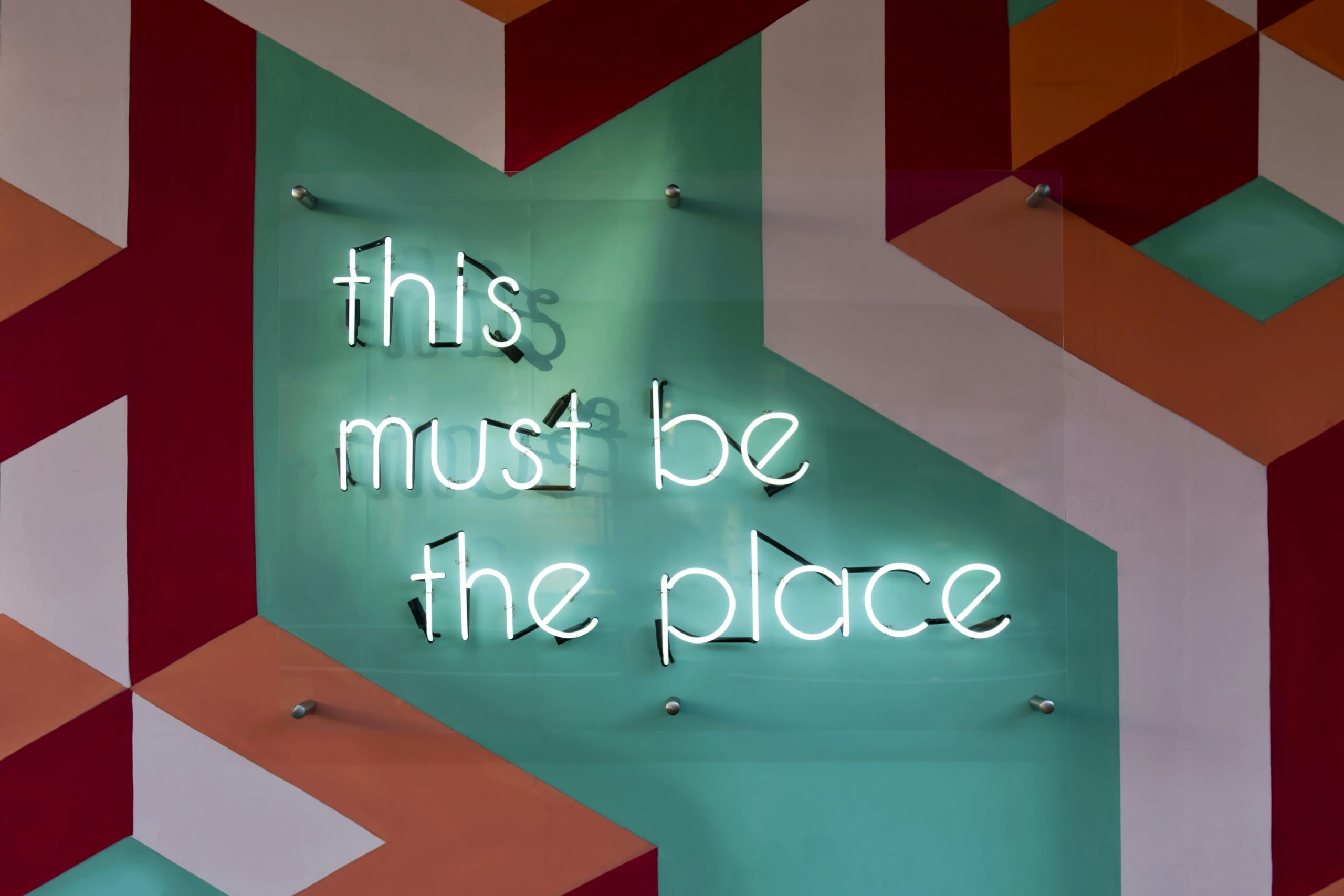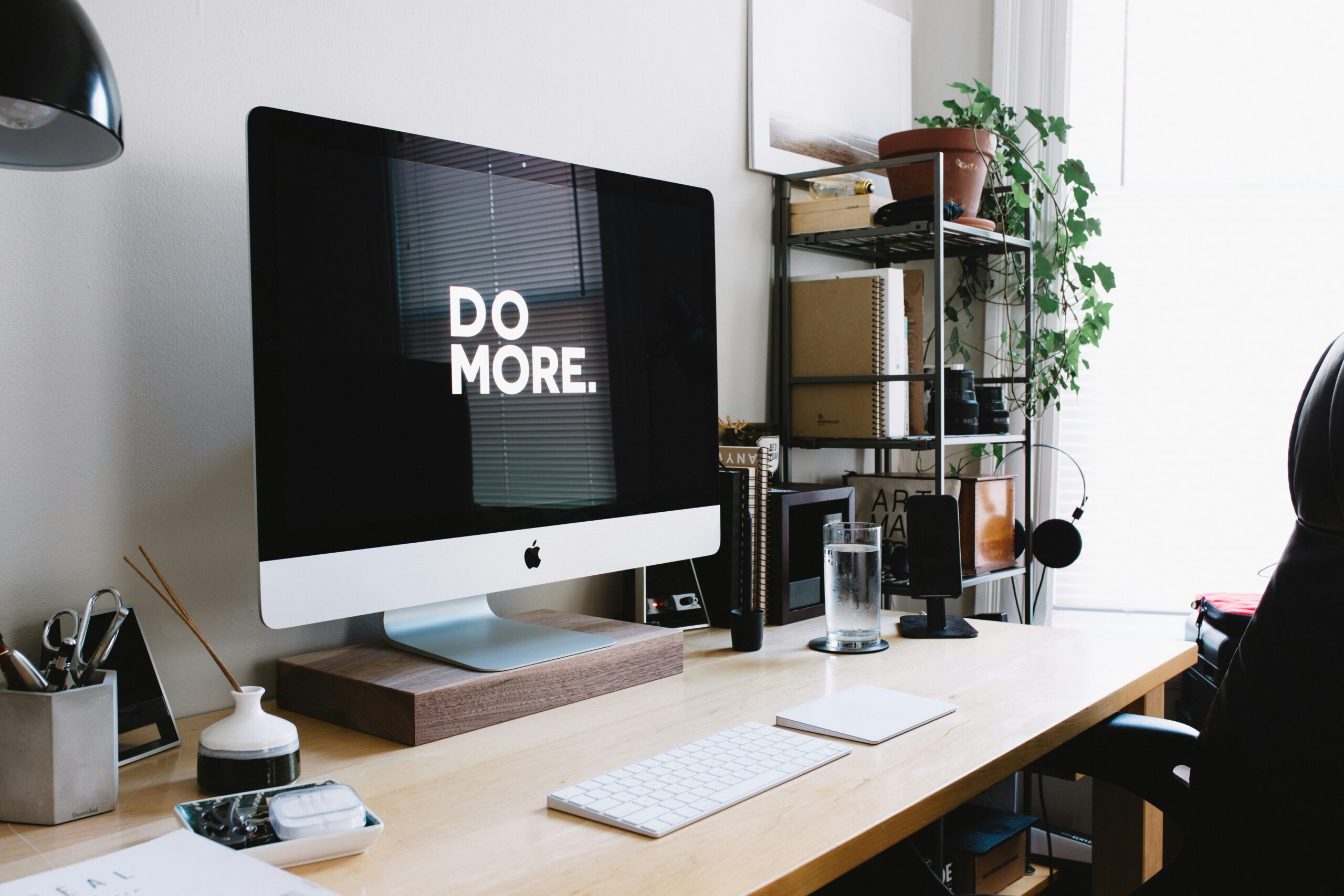Have you ever wondered how you can find the perfect balance between your personal and professional aspirations? Achieving this balance can seem like a daunting task, but it’s entirely possible with the right approach and mindset. This article aims to guide you through the steps and considerations that can help you forge a work path that aligns with both your personal and professional goals.
Understanding the Importance of Balance
Balancing your personal and professional goals is not just a nice concept but a crucial aspect of living a fulfilling life. The harmony between these two areas can drastically impact your overall well-being, productivity, and happiness.
Why Balance Matters
Living a balanced life helps you to:
- Reduce Stress: When you manage to find harmony between work and personal life, you significantly reduce stress levels.
- Increase Productivity: A balanced approach often leads to higher productivity as you are less likely to burn out.
- Enhance Relationships: By managing your time well, you can devote quality time to your relationships, improving them.
Personal vs. Professional Goals
Before you can start balancing these goals, it’s crucial to identify what they are. Your personal goals could range from traveling more, spending time with family, to taking up a new hobby. Professional goals might include career advancement, skill development, or achieving specific work milestones.
Setting Clear Goals
To work in a way that supports your personal and professional aspirations, you first need to set clear goals. The clearer and more specific your goals are, the easier it is to create a plan to achieve them.
SMART Goals
Using the SMART criteria can be incredibly effective. SMART stands for:
| SMART Criteria | Explanation |
|---|---|
| Specific | Goals should be clear and specific. |
| Measurable | You should be able to track your progress. |
| Achievable | Goals should be realistic and attainable. |
| Relevant | Ensure the goal aligns with your broader objectives. |
| Time-bound | Set a deadline to create a sense of urgency. |
Personal Goals
Identify aspects of your personal life that are important to you. This could be health, family, hobbies, or personal development. Write these down in a SMART format.
For example:
- Spend 1 hour daily on exercise (Specific, Measurable, Achievable, Relevant, Time-bound).
Professional Goals
Similarly, identify your professional aspirations and write them in SMART format.
For example:
- Complete an online course in digital marketing within the next 3 months (Specific, Measurable, Achievable, Relevant, Time-bound).

Strategies for Work-Life Balance
Finding the right strategies to balance your work and personal life is integral to supporting your goals.
Flexible Work Arrangements
One of the most effective ways to achieve balance is through flexible work arrangements.
Remote Work
Remote work offers the flexibility to manage your personal and professional responsibilities effectively. However, it requires discipline and a well-structured routine to ensure productivity.
Flexible Hours
Flexible work hours can let you adjust your work schedule according to your personal life. This might mean coming in earlier or later, or breaking up your workday to accommodate personal activities.
Job Sharing
Job sharing involves splitting your role with another colleague. This can free up your time for personal pursuits while maintaining your professional responsibilities.
Time Management Techniques
Efficiently managing your time can help you strike the perfect balance between your personal and professional life.
Prioritization
Prioritize tasks based on their importance and urgency. Using tools like the Eisenhower Matrix can help in this regard.
| Priority Level | Action |
|---|---|
| Urgent and Important | Do it immediately. |
| Important but Not Urgent | Schedule it. |
| Urgent but Not Important | Delegate it. |
| Not Important and Not Urgent | Eliminate it from your to-do list. |
Time Blocking
Dedicate specific blocks of time for work tasks and personal activities. This way, you make sure neither area is neglected.
Breaks and Downtime
Regular breaks and downtime are essential to recharge and maintain productivity. Ensure you schedule breaks in your routine.
Maintaining Professional Growth
While balancing personal life, it’s equally important to continue growing professionally.
Continuous Learning
Engaging in continuous learning helps you stay relevant in your field. It can be difficult to fit in, but online courses and webinars can provide flexibility.
Online Courses
Courses from platforms like Coursera, Udemy, and LinkedIn Learning can be completed at your own pace, making it easier to fit into your schedule.
Webinars and Workshops
Participating in live webinars and workshops can provide focused learning without demanding too much time.
Networking
Professional networking is crucial for career growth. Balancing it with personal time can be challenging, but it’s essential.
Attend Industry Events
Choose industry events that align with your interests and career goals. Even attending a few valuable events per year can significantly impact your network.
Online Networking
Platforms like LinkedIn can be powerful tools for professional networking without consuming too much of your time.

Enhancing Personal Well-being
In balancing work and personal life, personal well-being should never be compromised.
Health and Fitness
Physical health is a cornerstone of overall well-being.
Regular Exercise
Incorporate regular exercise into your daily routine. Whether it’s a morning run, yoga, or a visit to the gym, make time for it.
Balanced Diet
Eating a balanced diet provides the energy you need for both work and personal activities. Planning your meals can save time and ensure you eat healthily.
Mental Health
Mental health is equally important as physical health.
Mindfulness and Meditation
Practicing mindfulness and meditation can help reduce stress and increase focus. Apps like Headspace and Calm can guide you through short, daily sessions.
Hobbies and Leisure Activities
Engage in hobbies and leisure activities to unwind and relax. This leisure time can greatly boost your mental health and overall satisfaction.
Family and Social Relationships
Don’t neglect the social aspect of your life as positive relationships contribute to your overall happiness.
Spending Quality Time
Make sure to schedule dedicated time for family and friends. Quality time can strengthen relationships and provide emotional support.
- Plan regular family outings or dinners.
- Set aside time for phone or video calls with distant relatives and friends.
Communicate Clearly
Transparent communication about your work and personal needs can help manage expectations both at home and work.
With Employers
Speak to your employer about your needs for flexible working conditions. Most employers are willing to accommodate reasonable requests if it leads to better productivity.
With Family
Discuss your work commitments with your family so they understand your schedule and can offer support when needed.

Practical Examples
Combining theory with practicality is essential. Here are some practical examples and scenarios on how you can balance your personal and professional life:
Scenario 1: The Remote Worker
Alex works remotely for a tech firm. He finds it challenging to manage his time because there’s no clear separation between his work and personal life.
Solution:
- Alex can set a strict working schedule from 9 AM to 5 PM.
- He sets up a dedicated workspace at home that he leaves when “work hours” are over.
- He incorporates daily walks and exercises into his schedule to ensure physical activity.
Scenario 2: The Office Employee with Flexible Hours
Taylor works in an office that allows flexible hours. She needs to manage her time to pick up her kids from school while meeting her job requirements.
Solution:
- Taylor tailors her work hours to start early, allowing her to leave the office by 3 PM.
- She utilizes the time after her kids’ bedtime for any additional work tasks if needed.
- She communicates with her manager to prioritize essential meetings within her core working hours.
Scenario 3: The Freelance Professional
Jordan is a freelance graphic designer with a fluctuating workload. Balancing client demands with personal life can be unpredictable.
Solution:
- Jordan uses a project management tool to schedule and track all client work.
- He sets clear boundaries with clients regarding working hours and response times.
- He takes time off between projects to avoid burnout and dedicates specific days for personal development and learning new skills.
Conclusion
Balancing work with personal and professional goals is indeed a challenging task but definitely achievable. By setting clear goals, employing flexible work arrangements, managing time efficiently, and prioritizing personal well-being, you can create a harmonious balance that supports both your personal and professional aspirations. Remember, the ultimate aim is to create a sustainable and fulfilling lifestyle that allows you to thrive in both your personal and professional roles.
Finding this balance might require some adjustments and compromises along the way, but it’s a rewarding journey worth undertaking. Your well-being, relationships, and professional satisfaction all stand to benefit from the effort put into achieving and maintaining this balance. So take the first step today and start shaping a work life that truly supports your personal and professional goals.

